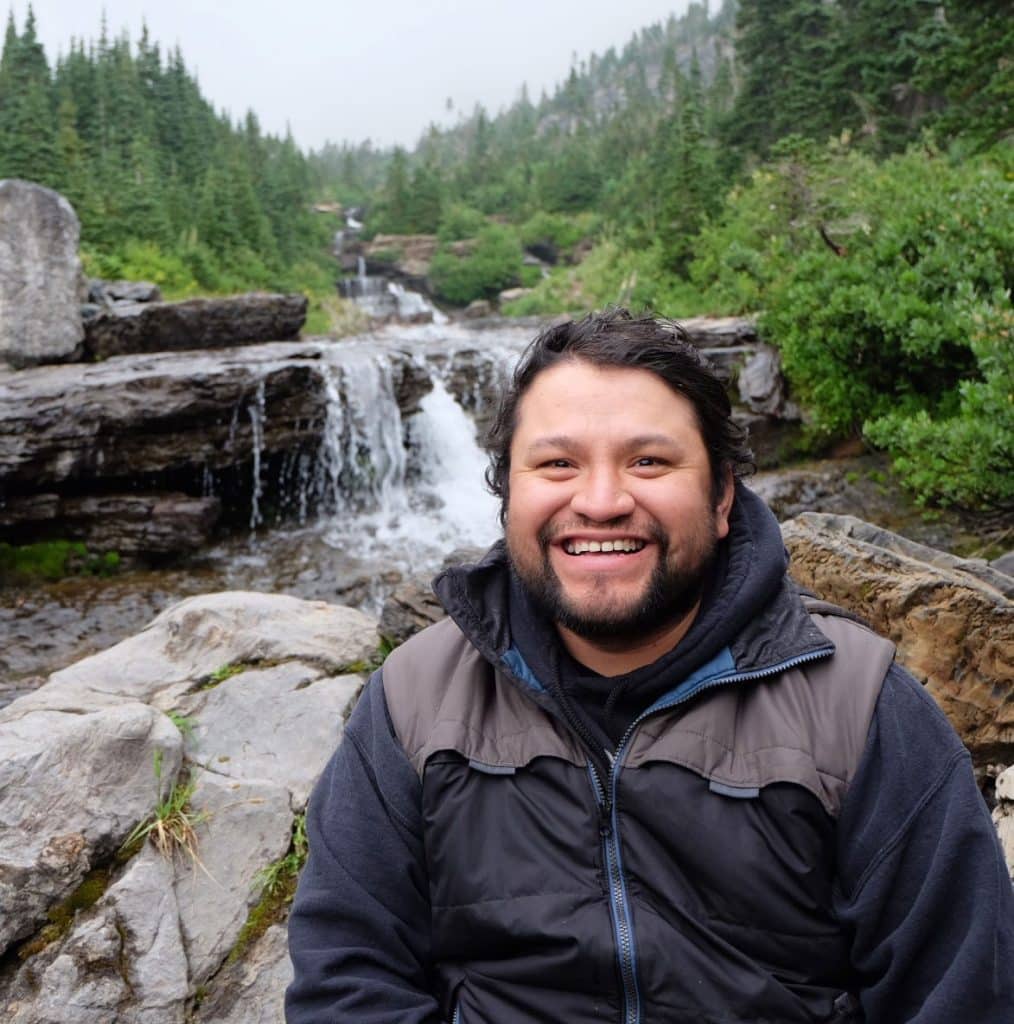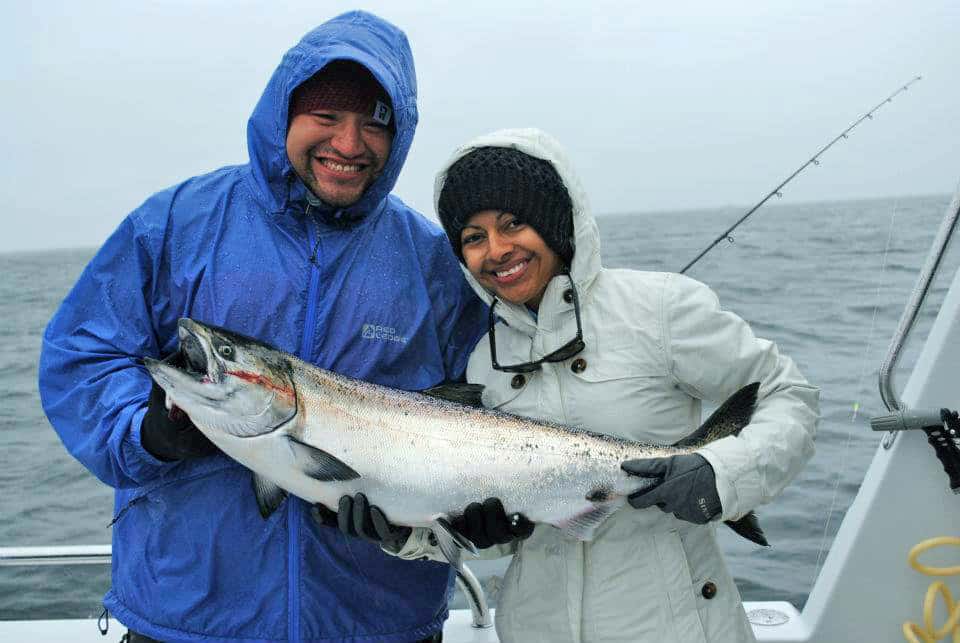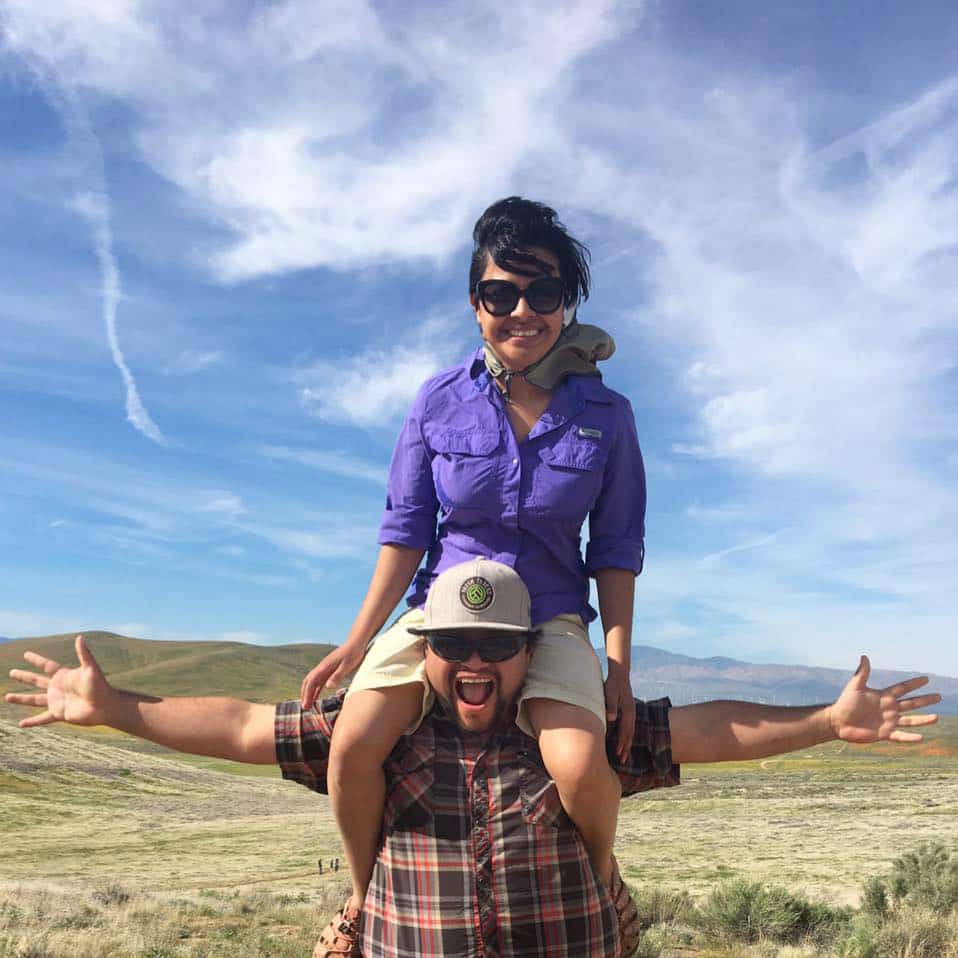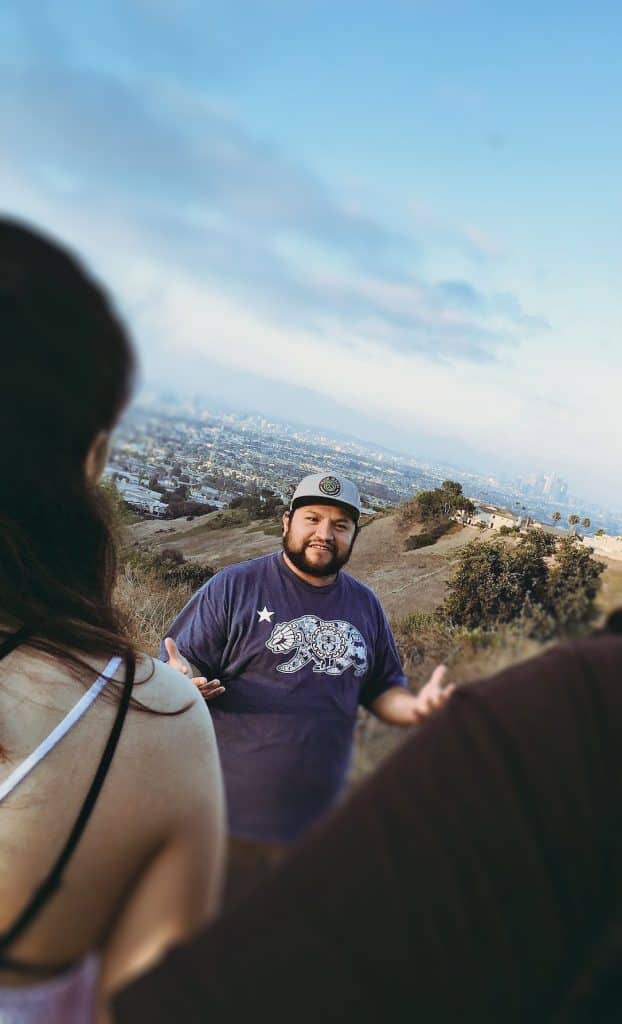BLOG / BLOG POST

Everyone Should Have Access to the Outdoors
By Juan Martinez
Juan Martinez, Senior Program Manager at the Aspen Institute Forum for Community Solutions and Fresh Tracks founder, participated in Green 2.0’s Reimagining a Diverse and Inclusive Great Outdoors Congressional briefing held in coordination with Sen. Cory Booker and Rep. Jimmy Gomez last month. This guest blog post is part of Green 2.0’s commemoration of Latino Conservation Week, which takes place July 17-25.
As our country continues to navigate through this time of racial reckoning and political upheaval, young people of color need tools to heal and enrich their futures. The outdoors has done that for me. However, BIPOC people have historically been left out of conversations involving access to the outdoors and nature. Latino Conservation Week is a great opportunity to rectify this failure, reminding us that public lands should be an inclusive space for everyone.
I immigrated with my family to the United States from Mexico at a young age, spending my formative years in South Central L.A. Even though I did not realize it at the time, the natural world has always been a huge part of my heritage. As part of my after-school chores, it was my job to tend to the huerta (vegetable) plot of tomatoes, jalapenos, maiz, beans, and nopales that my parents carried with them as seeds in coffee cans when they came from rural Mexico. I had no idea that my parents were passing on to me rituals and traditions from my ancestors. As I look back, this was my first entry to the outdoors and the natural world.

Juan and Vanessa Torres (wife) fishing off Seward, AK photo courtesy of Juan Martinez 
Juan and Vanessa Torres at Antelope Valley California Poppy Reserve State Natural Reserve
My interest in the outdoors deepened when I was in high school. After getting into some trouble I was faced with either attending detention or joining the school’s Ecoclub; I chose the latter. Through Ecoclub I explored Grand Teton National Park and immediately fell in love with the wild and wide open spaces. This experience with the outdoors influenced me in a profound way: I decided to dedicate the rest of my life to connecting the dots between my head and heart and the urban and natural world.
People of color need this access to nature not just for one week in July, but on a daily basis for mental, physical, and emotional wellbeing. Fresh Tracks and similar programs create spaces that are safe and supportive for young Indigenous, rural, and urban leaders recovering from trauma and build power through community and outdoor engagement. Our work is rooted in the healing power of nature, culture, Indigenous values, and uplifting generational joy.

My interest in the outdoors deepened when I was in high school. After getting into some trouble I was faced with either attending detention or joining the school’s Ecoclub; I chose the latter.
Juan at Kenneth Hahn State Park, Los Angeles, CA photo courtesy of Juan Martinez
The work to dismantle the barriers that uphold the “gatekeeping” of public lands must take place at all levels. The recent call to action from the White House through the American the Beautiful initiative that aspires to conserve at least 30 percent of land and water by 2030 will create a legacy and a future for all Americans from all backgrounds and cultures. I urge local and state governments to serve all of their constituents by advocating for infrastructure that includes transit pathways to mountains and public lands, maintenance of public open spaces, culturally inclusive interpretation, and building more bicycle lanes in urban regions.
The root cause of these inequities runs deep. Too often, the lone narrative about our public lands involves showing up with a certain amount of gear or having a certain amount of wealth. In reality, this country is an eclectic mix of cultures that includes narratives like mine: someone who proudly hails from an immigrant Indigenous Latina family. It is imperative that we reflect this reality in our public lands so that everyone feels seen, heard, and welcomed.
For more information about Juan Martinez, follow him on Twitter @Juan_withNature, and follow Aspen Institute Forum for Community Solutions @AspenFCS and Fresh Tracks @FreshTracks_.